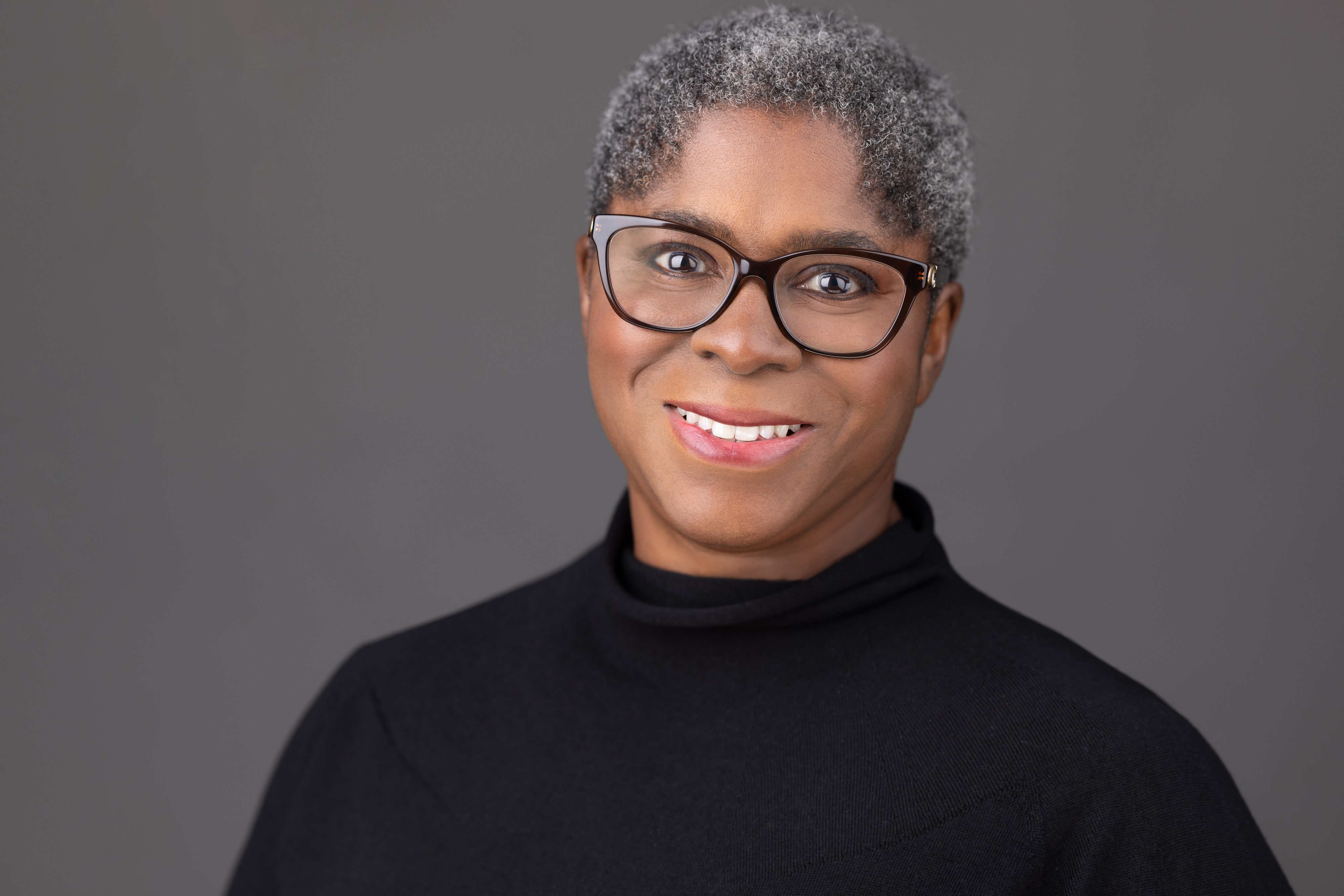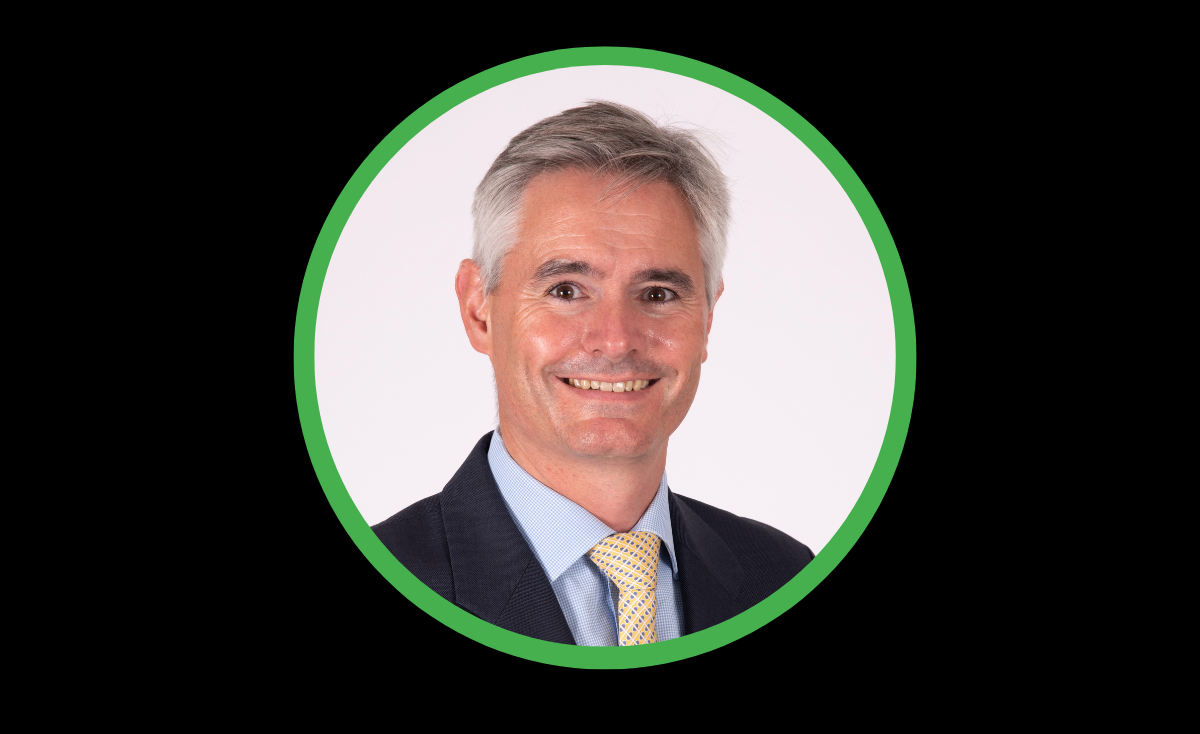 Martine Valcin, Global Manager, Corporate Governance/ESG Advisory, Knowledge and Learning, International Finance Corporation.
Martine Valcin, Global Manager, Corporate Governance/ESG Advisory, Knowledge and Learning, International Finance Corporation.
Greenwashing continues to be a big issue in the industry and often reveals larger truth around organisations that aren’t as up on ESG as they claim, says Martine Valcin, Global Manager, Corporate Governance/ESG Advisory, Knowledge and Learning, at the International Finance Corporation. Valcin warned that unless those in fund operation do their homework they could create more problems when trying to do the right thing.
"The work that is being done around green bond issuances and providing the use of proceeds and having some insurance and verification is one piece of the puzzle.”
Valcin was speaking in the fourth annual Environmental, Social & Governance Investing, North America 2022 report, which brings together the views of senior investment offices from US-and-Canadian-based pension funds, insurers, endowment, and foundation funds, to share their insights and drive forward practical approaches to ESG integration within investment portfolios.
“There are some principles and frameworks out there that you can apply, for instance,” says Valcin on where to get started on good ESG plans that don't miss the mark. “The work that is being done around green bond issuances and providing the use of proceeds and having some insurance and verification is one piece of the puzzle.”
However, she adds that one of the key aspects of ESG that often gets swept under the carpet – especially if investors aren’t adhering to ideas such as the just transition – is that of ignoring the “S” and aspects around social equality when looking at environmental projects. “If you have a green project where you are producing clean energy but at the same time are displacing vulnerable populations, it can become unclear as to whether it is really a good project or a bad project.”
“For us we do more investments on a project by project or company by company basis where we are able to dig down deeper on these issues and try to guide companies to mitigate any negative impacts that they might have through a project.”
A case of this occurred earlier this year after the announcement of a huge wind farm development off the UK coast, which would see areas that rely on fossil fuel generation as a major employers receive investment to phase these out and create green jobs - but often not enough some claimed.
This problem is complex and requires many levels of analysis, she says, and for investors to take the time to do good research and due diligence. “For us we do more investments on a project by project or company by company basis where we are able to dig down deeper on these issues and try to guide companies to mitigate any negative impacts that they might have through a project,” she says.
It is still the case that when an investor does capital markets transactions and buys shares on the secondary market it can be very hard to be able to predict every factor involved in an opportunity. “This is where if you are an institutional investor, your stewardship practice really is going to come in handy,” says Valcin, which is a key reminder for the fund operators to go through deals with a fine-toothed comb so they don't open the firm up to accusations of negligence, which could affect it. “You want to have the proper information to engage with boards and senior management of the companies in your portfolio to change these behaviours or to take a more proactive approach in mitigating some of the risks and negative impacts that they have in terms of their business activity.”
“It is important to engage with boards and engage with companies to push them for best practices. This is a good way to potentially avoid greenwashing.”
This effort is part of a wider trend, According to an EY report, two years ago, for example, only 15% used to discuss the ESG agenda and reporting at every meeting. Today, 49% do so, with another 33% discussing these issues frequently.
“We all have a role to play as different players of the ecosystem be it investors, companies, [or] NGOs,” she says. “It is important to engage with boards and engage with companies to push them for best practices. This is a good way to potentially avoid greenwashing.”
To see the rest of this interview and read the report in full, please click here.
Please Sign In or Register to leave a Comment.
SUBSCRIBE
Get the recent popular stories straight into your inbox







